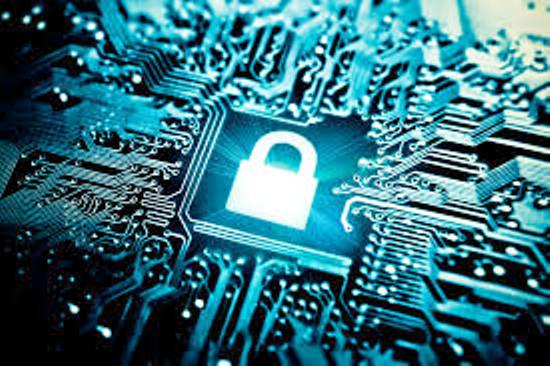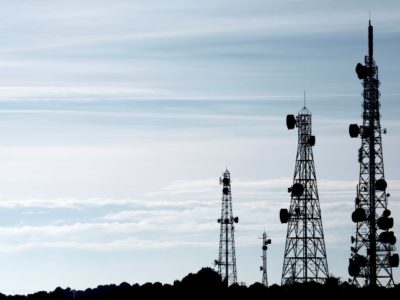Any government, its agencies, corporate entities and private institutions and individuals who discountenance digital platforms does so at its own peril. The Internet of Things (IoT) and the Internet of Everything (IoE) have come to stay. The pervasive essence of digital personality as a result of the proliferations of digital platforms have made it very imperative for all and sundry to take more than curious participation in the management of its components and associated fallout of the evolving digital apparatus.
The phenomena of identity theft, fake news, hacking, hate speech and sundry issues are increasingly pervading the social fibres in the digital era. The social menace of these phenomenal is having significant impact on state institutions, corporate entities and the integrity of families and individuals across the globe. The costs of fake news, identify theft, hate speech and hacking on national, corporate and individual assets (including physical, psychological, emotional, material and social) are humongous in terms of managing its post effect.
The paradigm shift in inter and intra social communications has been hugely redefined by the way society is being reconstructed by the forces of digital fundamentals. No one is spared from the menace of identity theft, fake news, hacking, and hate speech among other threats that the digital proliferation has engender in the evolving global village. This is no thanks to the ubiquitous apps, smart devices and Social Media which do not shield anyone or institutions from vulnerability of Personally Identifiable Information (PII).
Severally, individuals, financial institutions, online merchants, government institutions including the executive, legislature and judiciary have been scammed in various forms and ways by the instrumentality of digital tools adopted to wreak havoc. For instance, fake election results have become the order of the day during election seasons.
Not too long ago, the database of Nigeria’s National Assembly was hacked and the confidential details of the Honourable members of the House of Representatives as well as their counterparts in the Senate were published online by unscrupulous hackers. Financial institutions, too, have had sordid tales to tell about the huge losses being recorded annually through identity theft, ATM scams and online banking fraud among others. The military and security apparatus of the nation have not been spared by the digital marauders. A few years ago, the database of the Directorate of State Security (DSS) was hacked and the confidential details (phone numbers, email addresses, residential addresses, full names etc) of its operatives were made public. That singular action exposed the DSS operatives to vulnerability risks since they are essentially supposed to be undercover police.
Nigeria’s President Muhammadu Buhari, too, recently became a high profile victim of identity cloning when his twitter handle was duplicated for the purpose of circulating fake news and hate messages by unscrupulous hackers. The strong message from this development is that no one is insulated from the crimes and criminalities associated with digital tools’ assaults.
Curiously, however, efforts at curtailing such infractions of corporate values, integrity, image, individual rights, and national ethos have been anchored on reactionary steps. More often than not the damaged done is not easily reversed by such existing damage control mechanism because of the pervasive channels through which the offensive message was executed.
It is time to take greater steps at setting the agenda for digital and data management through proactive policies, laws and actions. It is time government and the legislative assembly initiated action plans and legal guidelines for individual and corporate digital engagements in Nigeria.
Contributor: Prince Bayo Abiodun





























